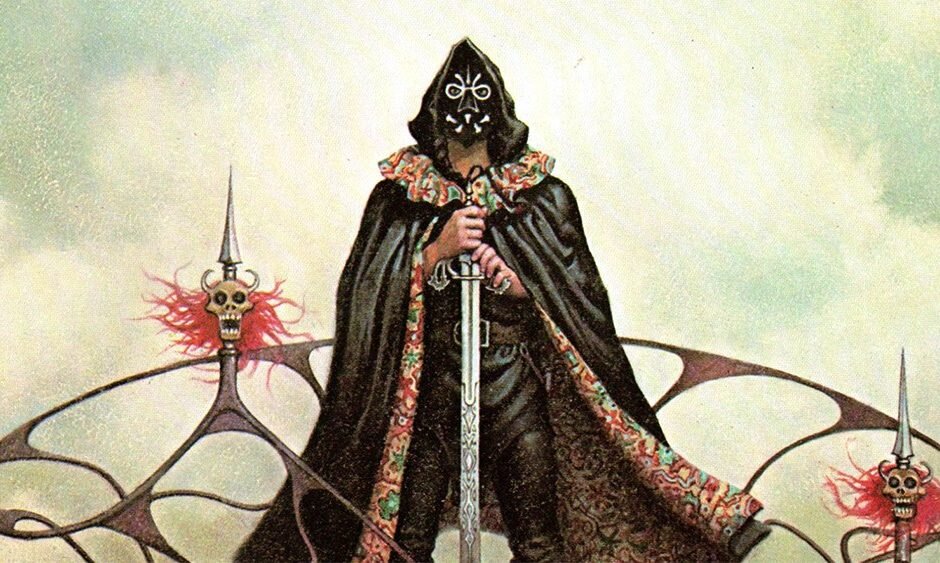Dan Carlin is one of the best podcasters in the business. While it takes him six months to put together just a single episode of the Hardcore History podcast, it is always worth the wait. He tells the story of what happened in history like few others can. In addition to Hardcore History, he has another podcast called Common Sense where he discusses current events within the context of history, sort of like the one published here. He presents himself as a centrist, which works well for teaching history, but listening to Common Sense makes it clear that he has a left-wing worldview. On a recent episode, Carlin was talking about why he thought President Trump was different than his predecessors, pointing out his Twitter account, exaggerated rhetoric, and executive orders as things that were not normal for the office of the Chief Executive. His point seemed to be that the unprecedented resistance to President Trump – from news media, both the Democratic and Republican party establishments, and even from within the federal government itself – was fomented, even justified, by Trump’s apparent perversion of normal politics.
With respect and trepidation, I must disagree with Mr. Carlin. I suggest that it was Barack Obama, not Donald Trump, that broke presidential politics.
Let us go back to the beginning. The peaceful transfer of power is one of the defining characteristics of American governance. Throughout world history, succession has always been a flash point for conflict. Medieval societies codified the rules of monarchy and primogeniture precisely to avoid a civil war every time the old ruler died. You can see that kind of chaos in 3rd century Rome, where a new emperor rose every couple of years in the midst of nearly constant conflict. Even with these rules, conflict still arose at the margins. When King Henry I of England died, he had no sons (his son and heir Henry the Young King had died in a shipwreck.) He had named his daughter Matilda as his heir, but a woman succeeding to the throne was not one of the commonly agreed upon rules, so conflict followed. The lords of England supported a cousin of the royal family, Stephen, and this led to decades of conflict called the Anarchy. This is also why King Henry VIII was so obsessed with producing a son: his dynasty would fall into chaos if he did not ensure the succession.
In 1788, George Washington won a unanimous vote of the electors to become the first President of the United States. He was reelected in 1792 but chose not to run for a third term in 1796. This is important: had he run, he would have easily won again, and likely would have died in office. This would have established the precedent that the presidency was a life term, and future presidents would also have stayed in office until they died. Instead, Washington stepped down, establishing the precedent that presidents should not seek more than two terms in office. His successor was his Vice President, John Adams. When Adams ran for reelection in 1800, something remarkable happened: he lost. Adams was challenged by his Vice President Thomas Jefferson, a one-time friend who was now a fierce rival. In many nations throughout history, even to this day, when an incumbent leader loses an election he does not go quietly into retirement, but instead uses his remaining power to invalidate the election and remain in office. Sometimes he uses the military to arrest his opponent. Yet Adams did none of these things. Though stung by the rejection of his country and the ascendance of his rival, he did not throw a national tantrum but instead simply packed his things and went home to his farm in Massachusetts.









